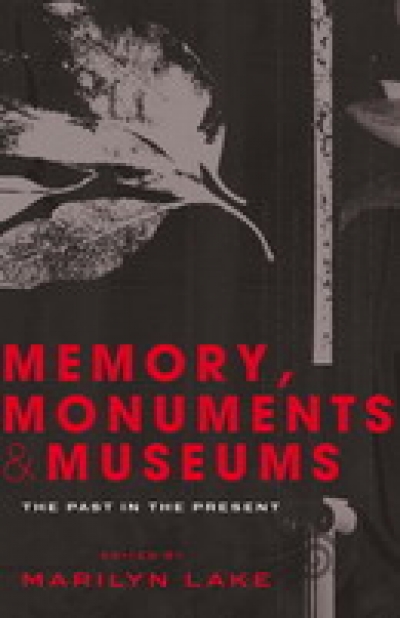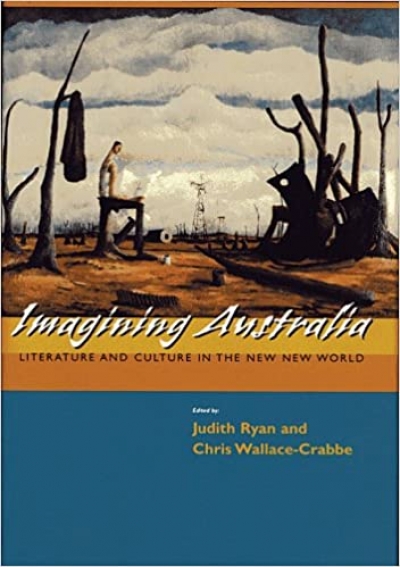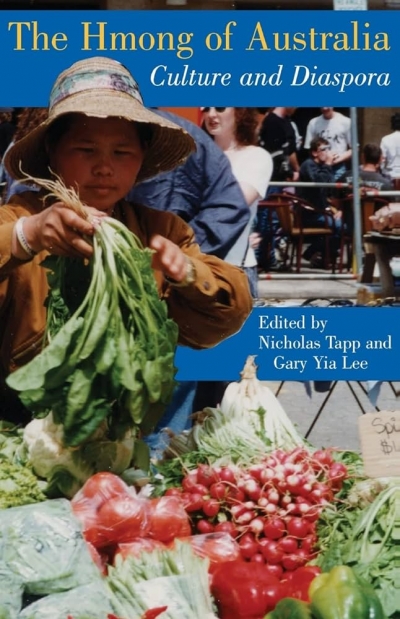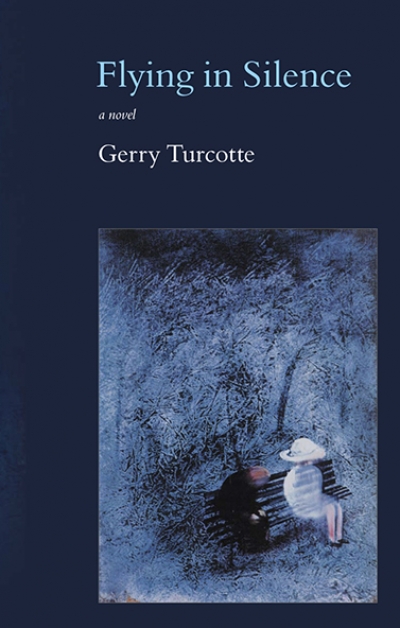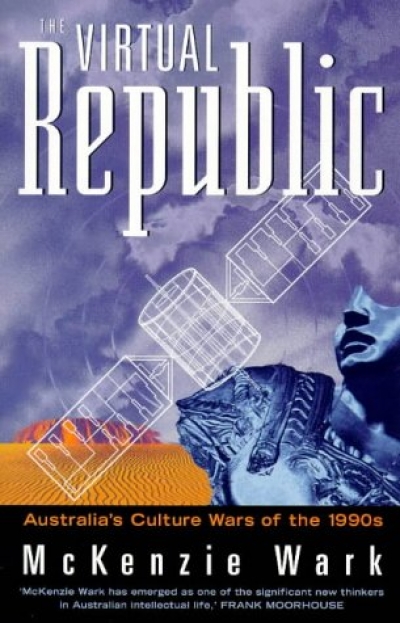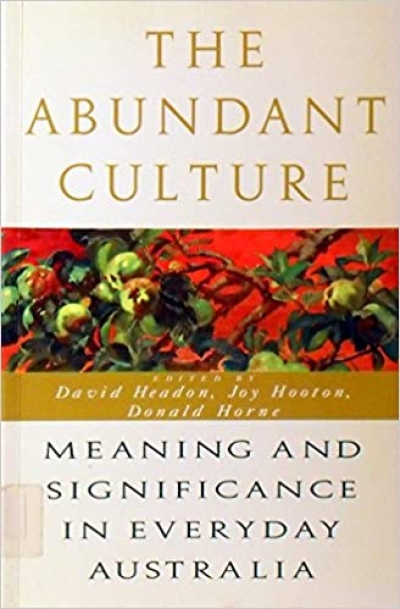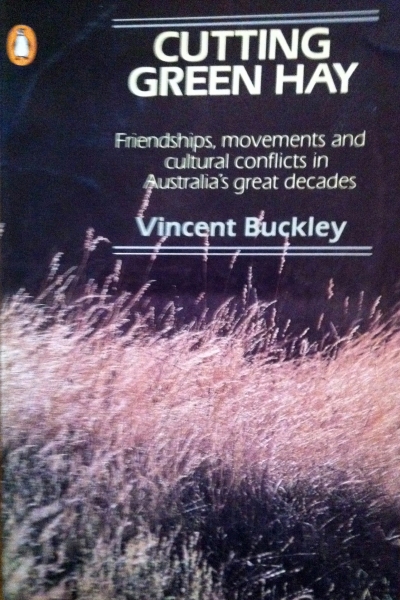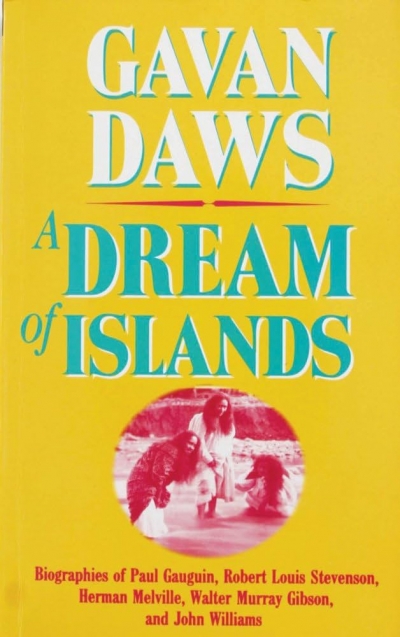Culture
Memory, Monuments And Museums: The past in the present edited by Marilyn Lake
by Paul Brunton •
Imagining Australia: Literature and culture in the new new world edited by Judith Ryan and Chris Wallace-Crabbe
by Lisa Gorton •
The Hmong of Australia: Culture and diaspora edited by Nicholas Tapp and Gary Yia Lee
by Helene Chung Martin •
The Virtual Republic: Australia’s culture wars of the 1990s by McKenzie Wark
by Gerard Windsor •
The Abundant Culture, Meaning and Significance in Everyday Australia edited by David Headon, Joy Hooton, and Donald Horne
by Humphrey McQueen •

